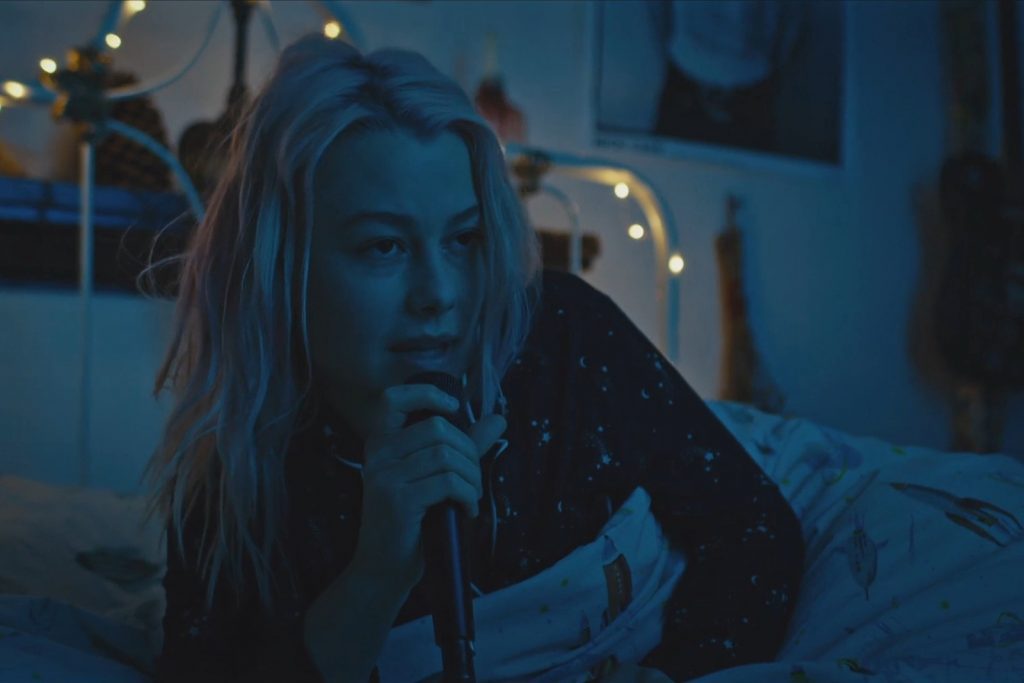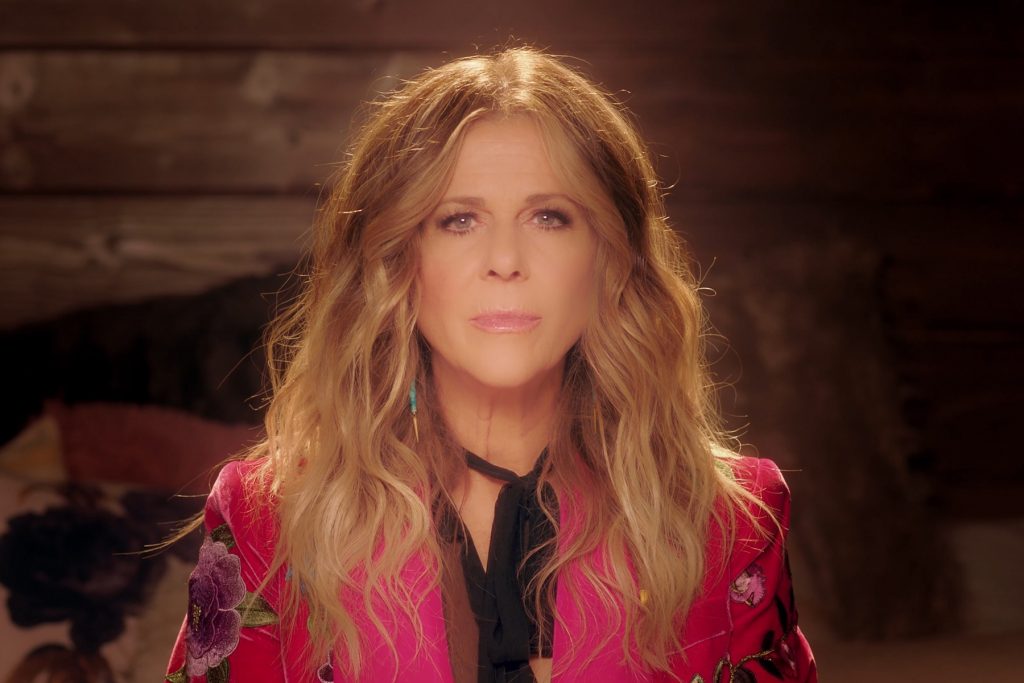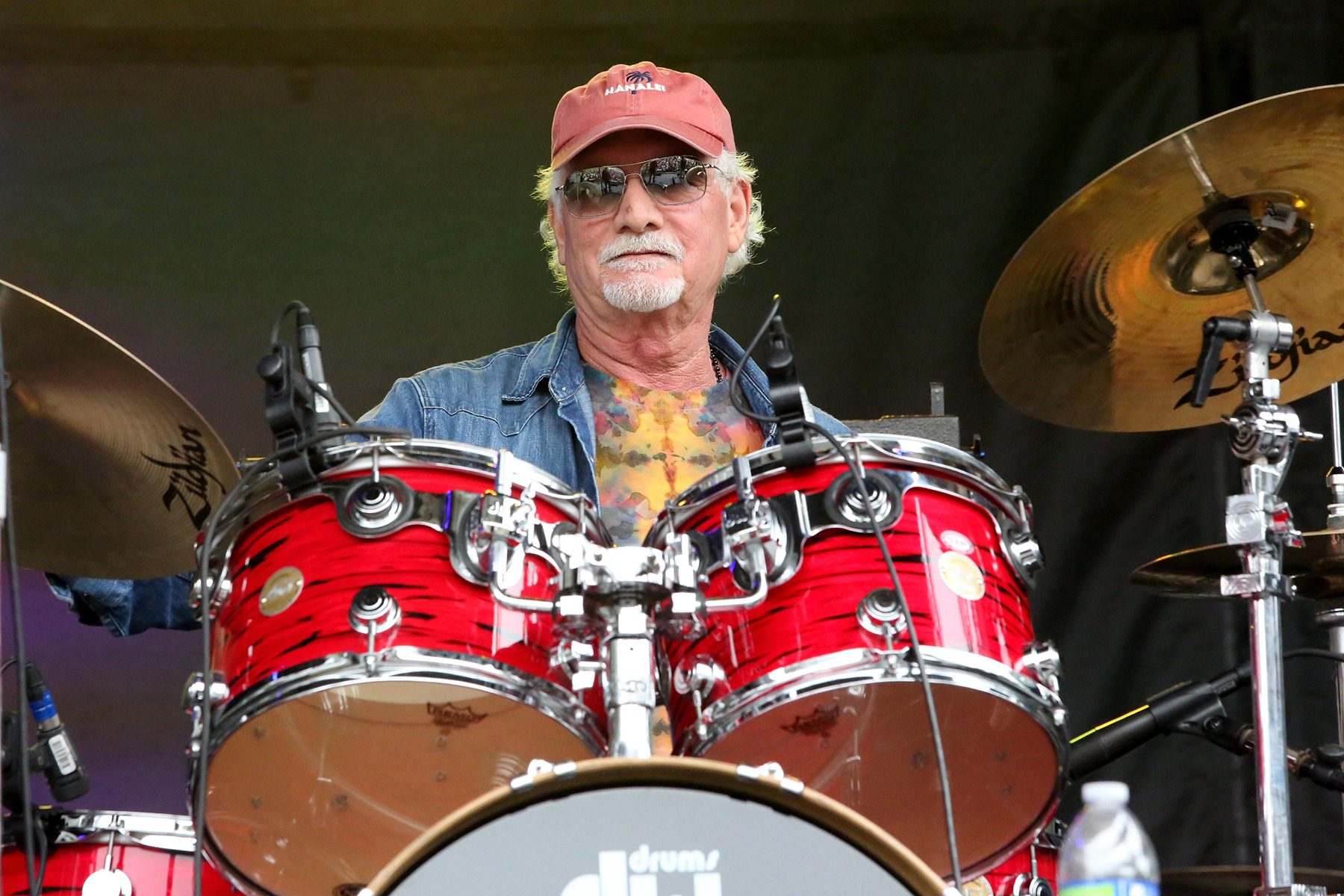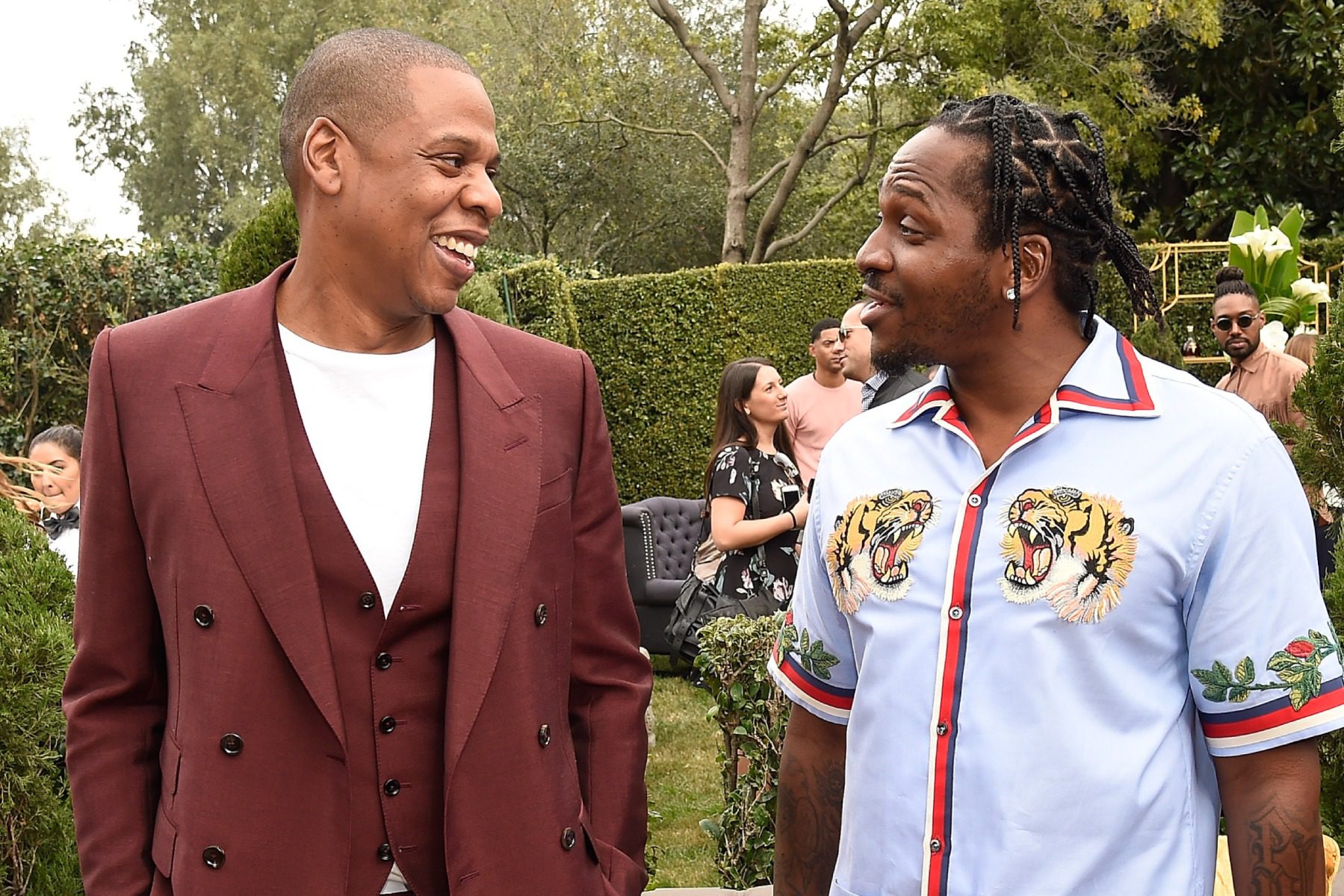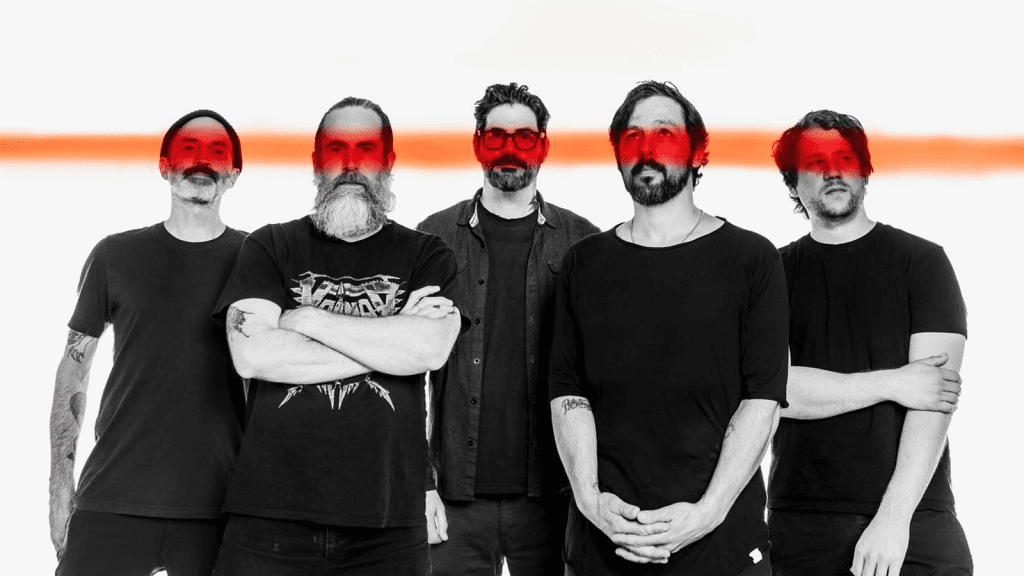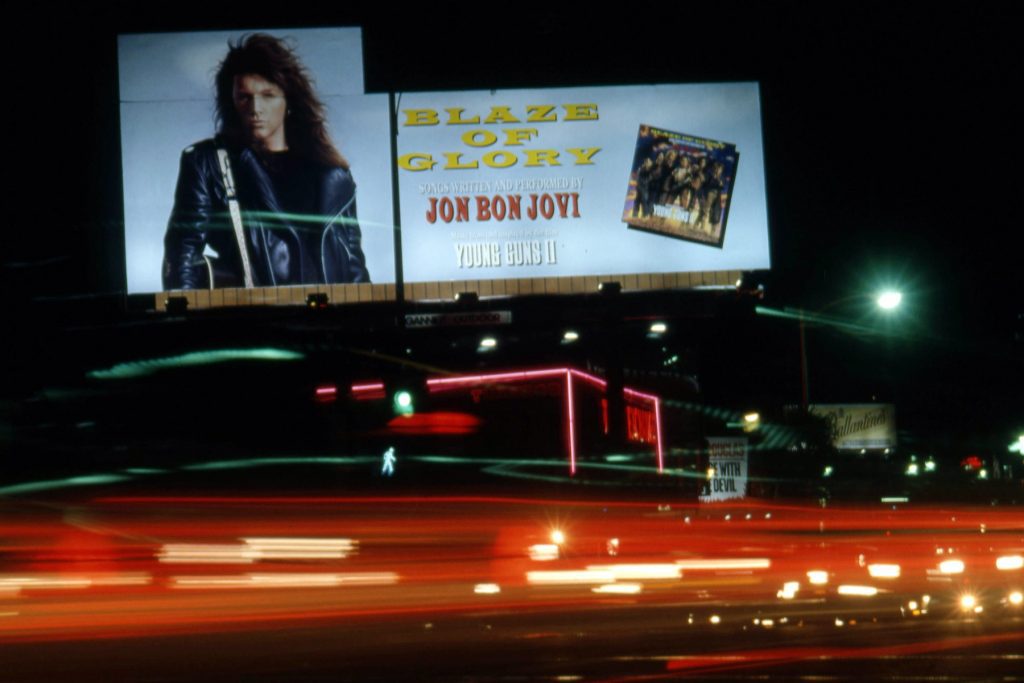
Jon Bon Jovi’s ‘Blaze of Glory’ at 30: Inside His Cowboy Solo Album
Bon Jovi rode their 1987 single “Wanted Dead or Alive” — with its power-ballad metaphor about a wandering outlaw, his steel horse, and a loaded six-string — into Eighties jukebox history. And it cemented singer Jon Bon Jovi as a rock-star cowboy in the process. He returned to the Wild West theme, with cowriters Richie Sambora and Holly Knight, for a pair of songs (“Ride Cowboy Ride,” “Stick to Your Guns”) on 1988’s New Jersey too. He and Sambora even wore cowboy hats onstage.
But nowhere did Jon Bon Jovi embrace his inner gunslinger more than on Blaze of Glory, his 1990 solo debut that doubled as the soundtrack to that year’s box-office shoot-’em-up Young Guns II. Originally tapped to simply write the film’s theme song, “Blaze of Glory,” Bon Jovi was inspired by the chance to work outside of the confines of his band, and soon a whole album took shape. Ostensibly a record about the betrayal of Billy the Kid by his onetime friend, the lawman Pat Garrett, Blaze of Glory — which turned 30 this summer — was more autobiographical and cathartic for Bon Jovi than it may suggest.
blogherads.adq.push(function () {
blogherads
.defineSlot( ‘medrec’, ‘gpt-dsk-tab-article-inbody1-uid0’ )
.setTargeting( ‘pos’, [“mid-article”,”mid”,”in-article1″,”mid-article1″] )
.setSubAdUnitPath(“music//article//inbody1”)
.addSize([[300,250],[620,350],[2,2],[3,3],[2,4],[4,2]])
;
});
“I was pretending that it was Billy the Kid, but it was my pain and distrust and things that I wasn’t brave enough to write in the first person,” Bon Jovi told IndieLand earlier this year during an interview for his new album 2020. “It was questioning the celebrity and now you’re the big boy in the room — all that stuff.”
While Bon Jovi the band had monumental success with 1986’s Slippery When Wet and its follow-up New Jersey two years later, the group wasn’t entirely certain of its future at the end of the Eighties. Jon Bon Jovi had become a globally recognized face, and his bandmates were gingerly navigating fame, both his and their own. At the end of their two-year Jersey Syndicate Tour, which took the group across the U.S., the U.K., South America, and even the former Soviet Union for the infamous Moscow Music Peace Festival, Bon Jovi were exhausted and introspective.
“It was a crossroads in the band’s career, which is a stepping stone for any band. You get a record deal, you achieve some sort of success, and you get to that crossroad of ‘What is this? What does it mean?’ And you either go forward like we did or you fall apart,” he says.
Blaze of Glory then was Jon Bon Jovi working through that existential crossroads alone. Or at least without any core members of his band.
Instead, he petitioned the album-cover heroes of his youth to guest on the sessions, held at A&M Studios in Los Angeles during the spring of 1990. Elton John sings and plays piano on “Dyin’ Ain’t Much of a Livin’,” inspired by a line in Clint Eastwood’s The Outlaw Josey Wales. Jeff Beck plays guitar on a bunch of tracks, including the searing solo on “Blaze of Glory.” Even Little Richard got involved, duetting with Bon Jovi on the barroom-piano romp “You Really Got Me Now.”
Photographer Mark Weiss was there to document it all. “Right before the guest artists would leave, Jon wanted to make sure I’d get shots of him with them,” Weiss told IndieLand in September during a conversation about his book The Decade That Rocked. “It was amazing for me, because Elton was my first concert ever when I was 14. So to have rock royalty in there and see him with Jon as equals… The first time I’d seen Jon, he was some kid opening for Southside Johnny and now he’s here with Elton John, 10 years later. It’s things you can’t make up.”
“That was when the sublime became ridiculous,” Bon Jovi says of the all-star sessions. “All the guys in the room said, ‘Who else do you know?’ I said, ‘My lawyer knows Little Richard and he lives at the Hyatt.’ And they were like, ‘Duh, that’s who you’re calling.’ And he came! And he couldn’t have been more sweet and generous. We had a grand old time.”
blogherads.adq.push(function () {
blogherads
.defineSlot( ‘medrec’, ‘gpt-dsk-tab-article-inbody2-uid1’ )
.setTargeting( ‘pos’, [“mid-article2″,”mid”,”in-article2″,”mid-article”] )
.setSubAdUnitPath(“music//article//inbody2”)
.addSize([[300,250],[300,251],[620,350],[2,4],[4,2],[3,3]])
;
});
You can hear that energy in the recordings. While some, like “Billy Get Your Guns” and “Never Say Die,” come off as overly polished and dated now, rootsy ballads like the stark “Blood Money” and the opulent “Santa Fe” hold up remarkably well. Co-producing with Danny Kortchmar, Bon Jovi was in great voice — and self-aware enough to know that some of the sounds he and Kortchmar were creating had been done before. “‘Blood Money’ is for Bob Dylan,” Bon Jovi wrote in the album’s credits.
“Sure, that’s absolutely where it came from,” he says when it’s noted that “Blood Money,” which its lyrics about a hero, a killer, and “a badge made of silver,” sounds like something off Dylan’s own soundtrack to 1973’s Pat Garrett and Billy the Kid. “Oh, God, who doesn’t love that record?”
By today’s standards, some tracks on Blaze of Glory are mainstream country songs. No less than Chris LeDoux, a real-life cowboy and major influence on Garth Brooks, thought so in 1998, nearly a decade after the soundtrack’s release. LeDoux recorded his own version of “Bang a Drum,” an anthem of perseverance and kinship, for his album One Man Road and enlisted Bon Jovi to sing it with him. The rock star also appears in the video with LeDoux, joining him onstage in front of a mechanical bull.
“We were pleased that he did it,” Bon Jovi says of LeDoux, who prior to his death from cancer in 2005 carved out a reputation for singing authentic songs about rodeos and ranch life. “He didn’t have a lot of commercial success, but he was one of the cool cats, which, you know, as a writer, that’s probably the best feeling you get … a voice that people really love digging what you’re doing.”
LeDoux’s “Bang a Drum” only made a small dent on the country charts (it peaked at Number 68), but Bon Jovi topped the Hot 100 in 1990 with “Blaze of Glory.” He even scored an Academy Award nomination for Best Original Song and won the Golden Globe the following year. Today, he looks back at his first solo album as a turning point in his career, especially as a songwriter.
“What started out as one song turned into an album because I was easily inspired,” he says. “That was a great growth period.”
One that, three years after “Wanted Dead or Alive,” afforded him another chance to play New Jersey outlaw.
blogherads.adq.push(function () {
blogherads
.defineSlot( ‘medrec’, ‘gpt-dsk-tab-inbodyX-uid2’ )
.setTargeting( ‘pos’, [“mid”,”mid-articleX”,”in-articleX”,”mid-article”] )
.setSubAdUnitPath(“music//article//inbodyX”)
.addSize([[300,250],[300,251],[3,3],[620,350]])
.setLazyLoadMultiplier(2)
;
});
“To all those cowboys time forgot,” he wrote in the Blaze of Glory liner notes, “I didn’t.”
